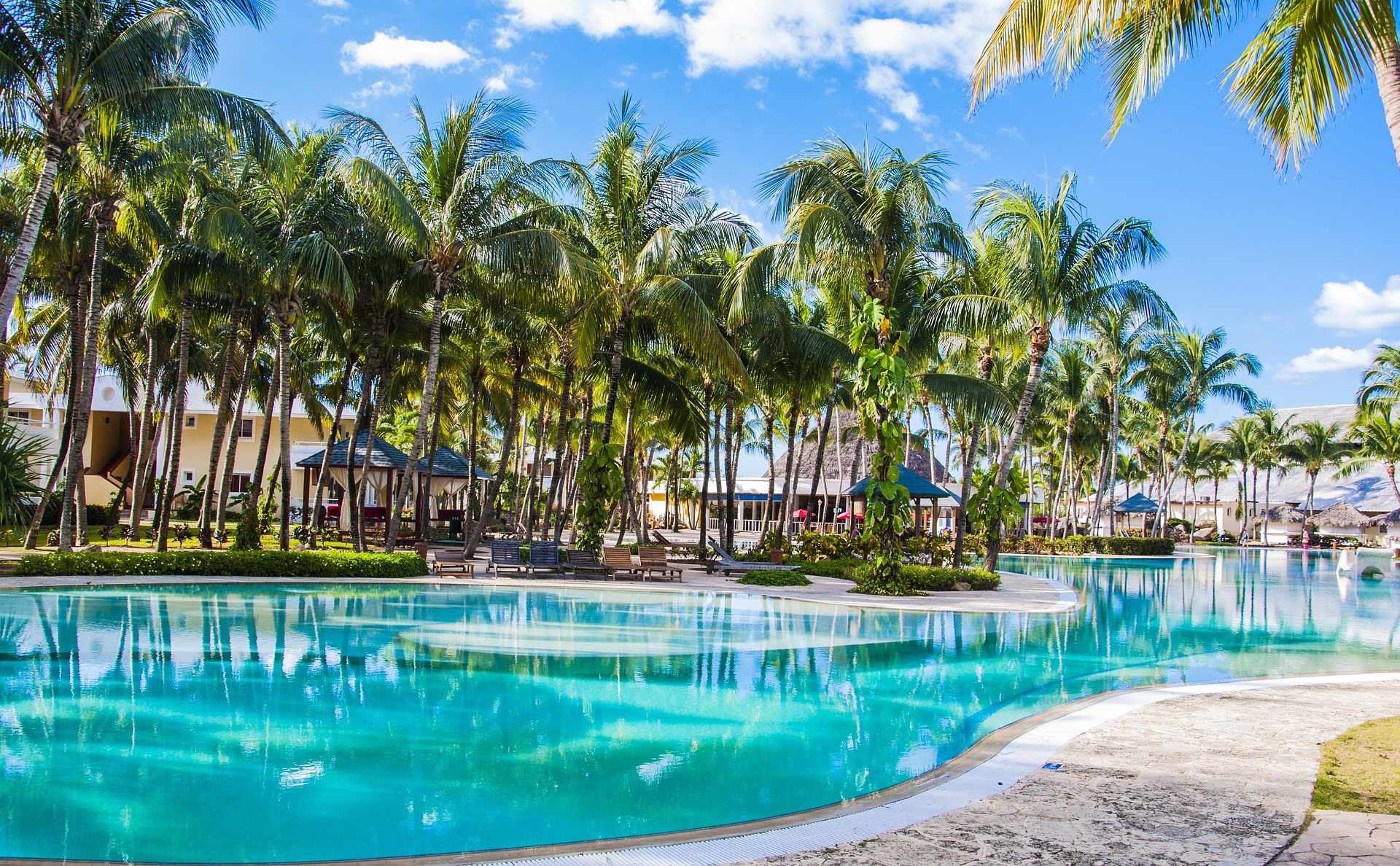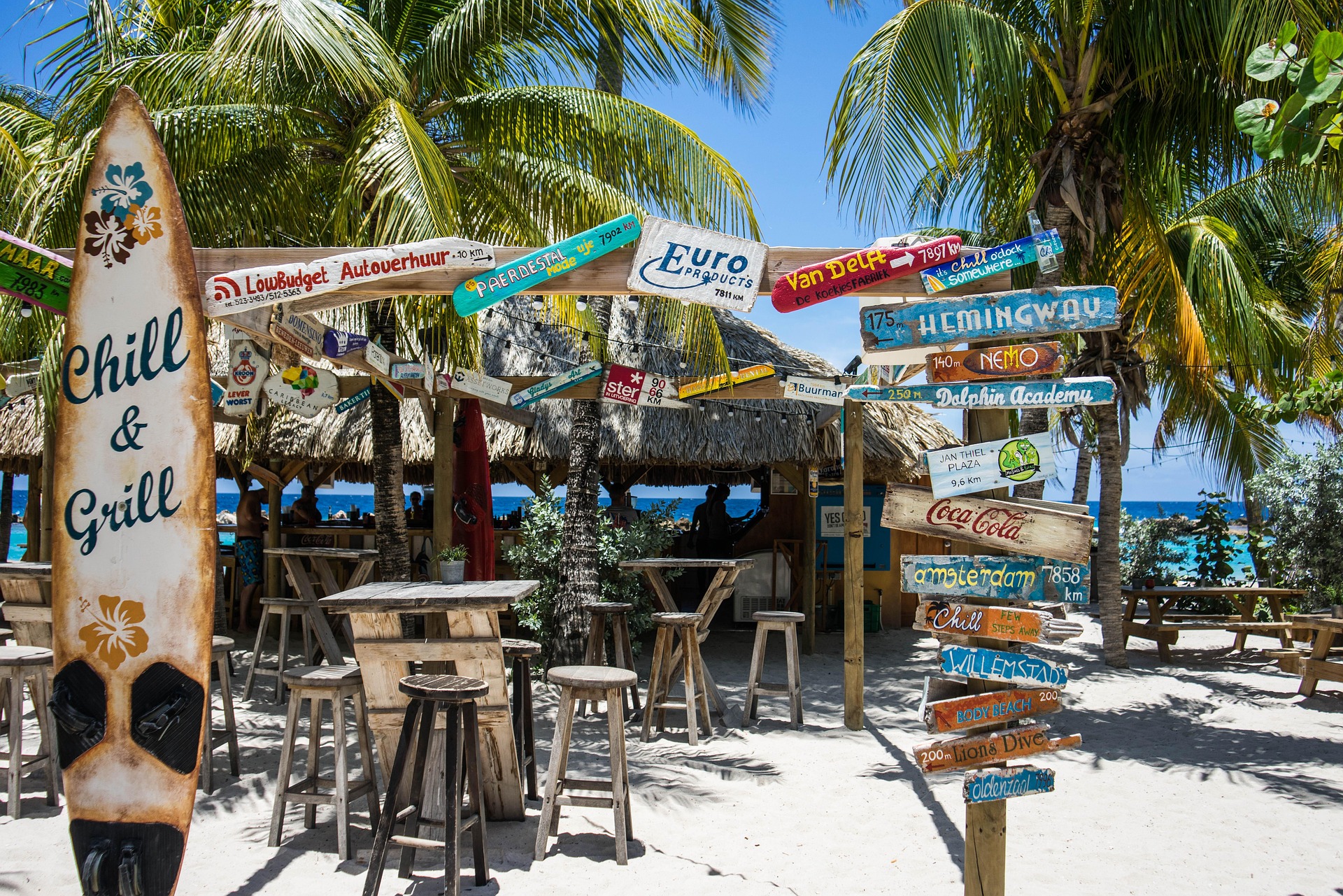If I close my eyes, I’m back at an all-inclusive resort in Mallorca, Spain, sipping cocktails by the pool. The sun is shining, the ocean breeze is perfect, and the best part? I don’t have to worry about a thing. Meals, drinks, and entertainment are all covered. To this day, it’s one of my favorite vacations, and the convenience was unbeatable.
But that got me thinking: are all-inclusive vacations really a good deal for everyone? While some travelers love the stress-free experience, others wonder if they’re overpaying for perks they won’t use.
In this post, we’ll break down what all-inclusive destinations offer, the biggest benefits, possible drawbacks, and tips for getting the best value.
What are all-inclusive vacations?

Simply put, all-inclusive vacations are travel packages where most (if not all) of your expenses are covered upfront. This usually includes accommodations, meals, drinks, entertainment, and even some activities.
These vacations are especially popular at resorts in tropical destinations like Mexico, the Caribbean, and Europe, but you’ll also find all-inclusive options on cruises and adventure trips. The United States does not have many truly all-inclusive spots.
Benefits of all-inclusive vacations

One of the biggest reasons travelers love all-inclusive vacations is the convenience. Everything is taken care of before you even step off the plane, allowing you to focus on relaxing and enjoying your trip. But beyond the ease, there are several other perks that make these packages a great option.
Stress-free planning
Booking an all-inclusive trip means you don’t have to worry about piecing together flights, hotels, meals, and activities separately. Instead, it’s all bundled into one easy package.
As Bryce Collins, Brand Manager at INTRO Travel, puts it, “Stress-free planning, better value, and more fun. With flights, hotels, meals, and activities bundled together, you don’t have to think about costs every five minutes. Prices are rising everywhere, but all-inclusive still stretch your dollar further, especially if you’re traveling with a group. Bonus? Waking up knowing your entire day (from breakfast to beachside cocktails) is sorted.”
Great value for your money

While the upfront price of an all-inclusive vacation might seem high, it often ends up being more affordable than paying for everything separately. Many packages include unlimited food, drinks, and on-site activities, which can save you hundreds of dollars compared to paying as you go.
No surprise costs
With all-inclusive vacations, you know exactly what you’re spending from the start. There are no unexpected restaurant bills or pricey excursions to throw off your budget.
Alonso Marly, Travel Expert at Skylux Travel, commented on this, saying, “With all-inclusive packages, everything is taken care of for you from the moment you book your trip to when you go back home. You don’t have to spend time researching restaurants, booking excursions, or worrying about transportation or other logistics, and you can just focus on fully unwinding and safely enjoying your vacation.”
Ideal for groups and families
Traveling with family or a large group? All-inclusive resorts make it easy to keep everyone happy without the hassle of splitting bills or debating where to eat. Many resorts even offer kids’ clubs, live entertainment, and group excursions, so there’s truly something for everyone.
Possible drawbacks of all-inclusive vacations

While all-inclusive vacations offer plenty of perks, they’re not always the perfect fit for every traveler. Here are a few potential downsides to consider before booking.
Upfront costs can be high
All-inclusive packages require paying a large sum upfront, which can feel expensive compared to booking things separately over time. However, if you take full advantage of the included amenities, it can still be a great value.
Limited local experience
Since most of your food, drinks, and activities are included at the resort, many travelers stay on-site and miss out on exploring local culture outside the resort.
Not everything may be included
Some resorts advertise as “all-inclusive” but then have extra charges. Taima Ramsey, travel expert and founder of Poor In A Private Plane, spoke to this issue, saying, “While most costs are covered, some resorts may charge for premium dining, top-shelf liquor, or certain activities, so it’s important to read the fine print.”
Crowds and less personalized service
Popular all-inclusive resorts can be busy, especially during peak seasons, meaning crowded pools, longer wait times at restaurants, and less individualized attention from staff.
Tips for booking the best all-inclusive vacation

Finding the right all-inclusive vacation isn’t just about picking a resort with a swim-up bar; it’s about making sure the experience matches your travel style and expectations.
First, consider the destination. Not every place offers all-inclusive resorts, so knowing where to look is key. According to Valerie Tkaczyk, co-owner at Onward Travel, “It’s important to know which destinations offer all-inclusive resorts. All-inclusive resorts are located in places like Mexico, the Dominican Republic, Jamaica, and some other Caribbean destinations.”
Next, research the vibe and amenities of different resorts. Some cater to families, while others are adult-only or party-focused. Casey Halloran, CEO & Co-Founder at Costa Rican Vacations, advises, “My #1 tip is to understand the vibe that you desire and what amenities and services are most important to you. Different properties have very different environments. Some are more geared toward families or couples, others are more ‘festive’ than relaxed. Some properties emphasize on-site activities and tours, while others do a great job with food & drink. So it’s important to do sufficient research and understand what’s most important to you so that you can find a property and location that jive.”
Finally, consider booking during off-peak seasons for better deals and fewer crowds. Traveling in the shoulder season (right before or after peak times) can save you money while still offering great weather and experiences.




